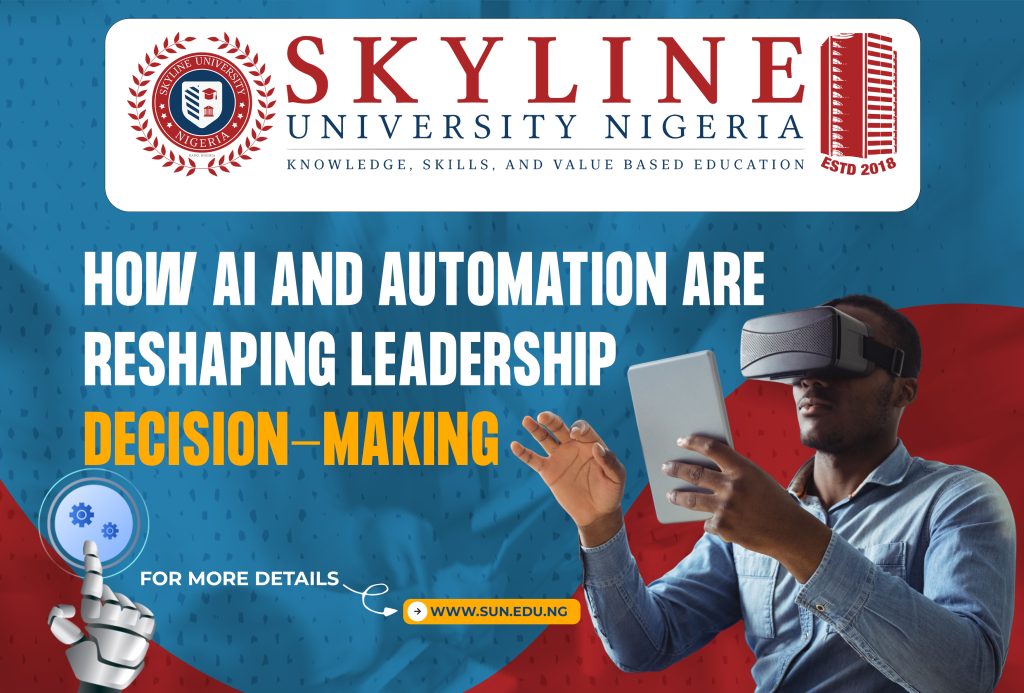Why Public Speaking Matters: Key Skills for Success
Public speaking is a powerful skill that affects careers, leadership, and confidence. Whether it is to a small group or a large group, having the ability to articulate thoughts clearly can unlock doors of opportunity and build professional and social relationships. It is not giving a speech; it is persuasively communicating ideas, building credibility, and inspiring action. One of the key aspects of public speaking is communication. The ability to express ideas clearly and concisely ensures that messages are well-received. Effective speakers know how to engage their audience by adjusting their tone, pace, and body language to create an impactful presentation. They recognize that communication is a two-way process and remain attentive to their audience’s reactions, adjusting their approach to maintain engagement. Confidence is the secret to successful public speaking. Confident speakers command the audience’s attention and earn their trust. Confidence is not just having a loud voice; it is also demonstrating knowledge, preparation, and conviction in the message being conveyed. Confident speakers can influence minds and motivate others to act. Organization is another important skill in public speaking. A well-organized speech gives coherence and clarity, and the audience is able to grasp it better. Great speakers start with a good opening, possess a coherent and engaging body, and end with a nice closing remark. This organization maintains the focus of the audience and reinforces the key points of the speech. Storytelling is another essential element that fuels public speaking. People connect to stories more than bare facts and statistics or complicated theories. A speaker who uses good stories in his speech can stir emotions and leave a lasting effect. Personal anecdotes, real instances, and metaphors give flesh and blood to abstract concepts and make them more effective and memorable. Flexibility is one of the skills that distinguish good speakers from the rest. There is no single audience like any other, and a speaker must be able to read the room and adjust accordingly. Some audiences may demand formality, while others may be engaged by a warm, conversational tone. An understanding of the audience’s expectations, cultural sensitivities, and interest areas allows a speaker to craft a message for maximum impact. Persuasion is also a critical component of public speaking, particularly in leadership, business, and advocacy. The ability to present an argument well and counterargue convincingly has the potential to influence and decide. Skilled speakers draw upon reason, emotional appeal, and credibility to make the message more convincing and lead to action. Public speaking is also the major driver to career progression. Having the capacity to persuasively communicate their ideas positions professionals at work, hence positioning them appropriately to hold leadership positions. In meetings, conferences, and even networking meetings, good communication is a guarantee for professional respectability as well as opportunities for more. Acquiring public speaking skills takes practice and ongoing improvement. Although some people may find it daunting initially, persistent effort and exposure facilitate confidence and competence. As public speaking increases, so does the talent for communication, the ability to provoke change, and the capacity to leave a permanent mark in professional and personal life. You can join the conversation on Facebook @SkylineUniversityNG and on Twitter @SkylineUNigeria
Why Public Speaking Matters: Key Skills for Success Read More »










